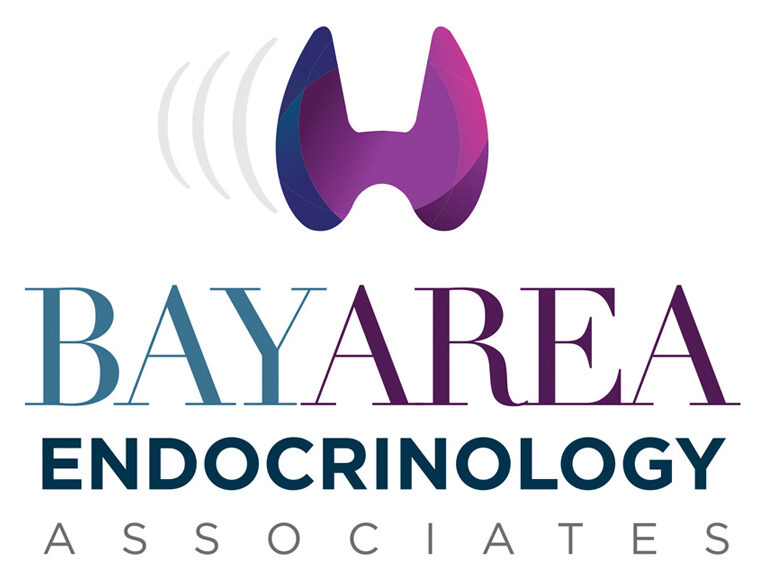Most expectant mothers would think twice before making the decision to do a radioactive scan or radio-line treatment during pregnancy. The risks of radiation exposure during pregnancy are well documented and understood. The consequences of overexposure can be life-threatening for the mother and her unborn child. Due to this, pregnant women must take special care when exposed to harmful radiation treatments. However, some medical practices have countered this advice by promoting radio-line treatment as a safe alternative for pregnant women. This article will address these dangers and why you should avoid these scans if you’re pregnant.
What is the radioactive treatment?
Radioactive treatment, also known as radiation therapy, is used to kill cancer cells and prevent the recurrence of certain diseases. This treatment is used on people with certain cancers, such as breast cancer, lung cancer, or prostate cancer. This treatment can also treat benign growths, such as uterine fibroids and skin tags. Radioactive scans use radioactive substances that emit ionizing radiation to produce images of the organs and body. This type of radiation is very similar to x-rays in that it is electromagnetic radiation that can be harmful when you are exposed to too much of it.
Radioactive scans
When you undergo a radioactive scan, the equipment used to produce the images emits radiation that can, in high doses, be harmful to your body. Two types of radioactive scans are commonly used for diagnostic purposes. The first is an “intravenous pyelogram” (IVP), in which a radio-pharmaceutical is injected into a vein, followed by an x-ray of the kidneys and bladder.
The second is a “helical” CT scan, or a CT scan performed with a unique rotating technique to reduce radiation exposure in the body. These scans are usually recommended as a last resort after other tests have failed to produce an accurate diagnosis, meaning that there should be no other viable options available to you.
Radio-line treatments
A radio-line treatment is a type of therapy that uses small amounts of radioactive material to treat various medical conditions. Radio-line treatments are typically carried out in a clinic with a specialized machine that emits a low dose of radiation. This radiation is emitted into the body through a thin tube inserted into the skin, allowing the radiation to reach the body’s tissues and organs.
These treatments are often used to kill off cancer cells and relieve pain. While this reduces the harm done to the patient, it also reduces the amount of energy absorbed by the fetus. Although the amount of radiation emitted into the body is low, the fetus is still susceptible to the harmful effects of the radiation. That’s why it’s important to avoid these types of treatments whenever possible.
Dangers of radioactive scans and radio-line treatments during pregnancy
When pregnant, your well-being and that of your fetus are of the utmost importance. That’s why pregnant women should be extra vigilant when it comes to avoiding health-threatening situations. Pregnant women are vulnerable to the harmful effects of radiation exposure. This is because their bodies have less protection against harmful substances due to the increased blood flow to the uterus.
As a result, any radiation exposure can cause damage to the unborn child. A pregnant woman can be exposed to harmful radiation if she is in the same room as a person undergoing a radioactive treatment or undergoes a radioactive scan or treatment herself. While the fetus is protected inside the uterus, radiation exposure can harm the mother and unborn child.
Because of the risks associated with radiation exposure, pregnant women should avoid as many radioactive scans and radio-line treatments as possible. However, some healthcare professionals still recommend that pregnant women receive an IVP (intravenous pyelogram) and CT scan, despite the radiation’s risks to the fetus. Even so, the guidelines for pregnant women undergoing radioactive scans and radio-line treatments are being re-evaluated by doctors worldwide.
Conclusion
During pregnancy, women should be careful about the type of medical treatment they seek. It is estimated that quite a number of women who give birth have one or more of these procedures during their pregnancy. Although radiation exposure is necessary for treating certain types of cancers, radioactive scans and radio-line treatments should be avoided as much by pregnant women. While these treatments can be beneficial when used in moderation and as a last resort, they risk overexposure to harmful amounts of radiation that can threaten the health and safety of the mother and fetus. Pregnant women should ask their endocrinologist whether they will be exposed to radiation and request alternative imaging techniques. For any thyroid conditions, please visit Bay Area Endocrinology Associates. We are located in Tampa, Florida.








